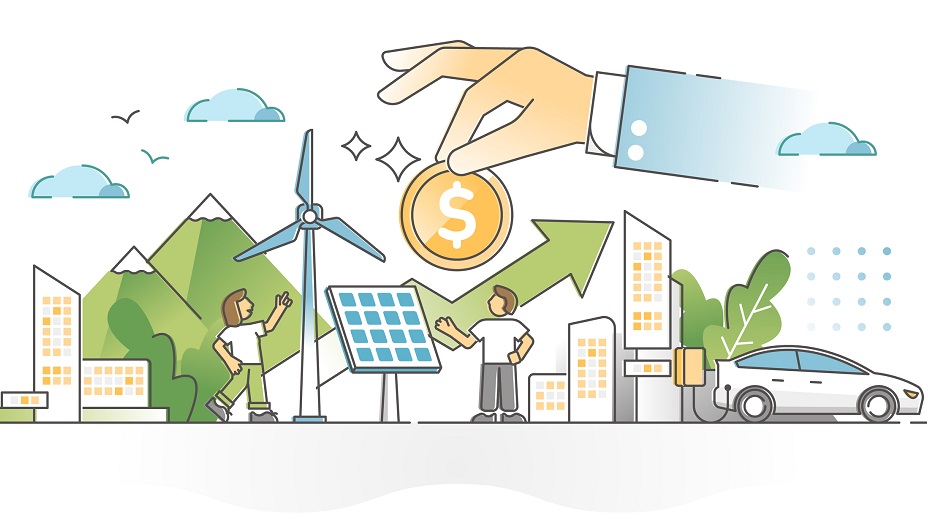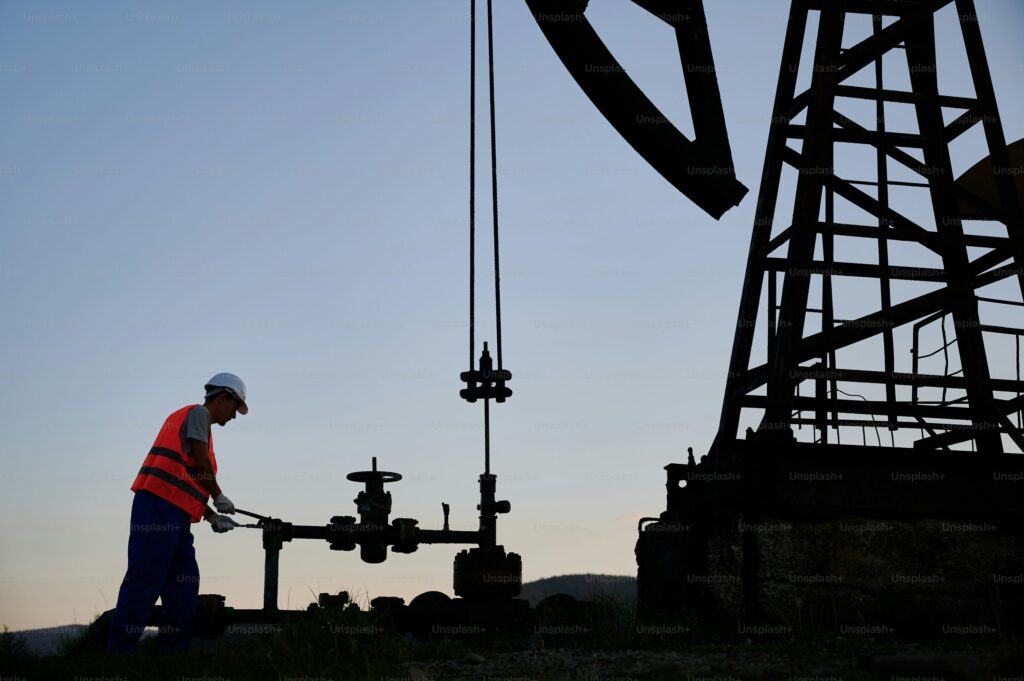Despite a long history of climate policies costing far more than planned and accomplishing precisely nothing, the option of making a principled and logical decision to do no harm seems beyond the capability of our policymakers. Even supposedly right-wing politicians who think gee, polls show that the public wants action, and anything is better than nothing, even “a shambolic mishmash of impoverishing energy policies, climate alarmism, excess spending, and virtue-signalling regulations that afflict consumers and businesses without any compensating environmental benefit”. In response to which columnist Matthew Lau and architect-turned-author David Stark have both offered a bold, and some might say bizarre, alternative: have the courage to do nothing.
Doing nothing is an underappreciated political skill. But there have been politicians, and we don’t just mean the Duke of Wellington or Lord Melbourne (he of “the only good change is a change for dinner” and twice Prime Minister of Great Britain under Queen Victoria), whose success was attributed in part to their capacity to outwait an imaginary crisis. In the United States Barack Obama was known during the 2008 campaign as “no drama Obama” by his aides for his skill at not panicking, while Canada’s Jean Chrétien was famous for giving problems a week to disappear before overreacting. Which brings us to Pierre Poilievre.
Or whoever you’re worried will suddenly chug the Kool-aid. As Lau observes, “Conservative leader Pierre Poilievre has not proposed much in the way of climate and environmental policy beyond scrapping the carbon tax , but if he is searching for policy ideas, one place he best not look – except for examples of what not to do – is across the pond to the U.K.’s Conservative government” which produced the shambolic mishmash he denounced above. Indeed. And we suggest he also look for inspiration to the classic ad so old it’s apparently not available online in which Scrooge declared gleefully “I’ve got the perfect gift for the man who has everything… nothing.”
The reason for taking such a position is that even the supposed fonts of hair-ablaze urgency like the IPCC do not, in fact, say that the disaster is upon us and immediate action is the only alternative to a swift and fiery death. Rather, they talk about consequences that may emerge in several decades if we do not act. (We also ask pointedly why it is, if everything is catching fire and tipping over, The Economist announces the “Age of the Grandparent” as “Global life expectancy has risen from 51 to 72 since 1960” even as families have become smaller.)
And when the calmer of the climate alarmists try to do cost-benefit analyses, no amount of fretting about small decreases in the rate of growth by 2100 if it gets warmer can obscure, to the rational mind, the fact that most of the currently popular measures for avoiding those decreases would actually cause far more harm by 2100 than the wait-see-adapt approach.
It is curious how many people who are not politicians manage to find the courage to say such things. Including a book by David Stark Climate Change for Young People: The Antidote to Eco-anxiety, of which we recently received an unsolicited review copy, and which is not some denier screed of the sort we might write but a thoughtful exploration by someone whose basic position is that “AGW should be addressed, but panic is not a good response” and that adaptation is far more cost-effective than mitigation. It’s not obvious why he thinks it needs to be addressed, but it is obvious that he has a knack for not panicking. And the book is well worth sending toward any young person you know who is afraid to go to sleep for fear the climate will end before morning.
Stark goes through the evidence on things like extreme weather, and looks at what the IPCC really says instead of what people who didn’t bother reading its reports holler that it must have said, he talks calmly about gaps and uncertainties in the data and the complexity and again uncertainty about the mechanisms that drive climate. (He even takes “tipping points” out to the tip, and tosses the “hockey stick” in as well.)
Why can’t politicians talk this way? Why can’t they say things like:
“Despite years of searching I can find no ‘scientific consensus’ on climate change. Remarkably, most politicians in Western democracies believe that there is, so there is a ‘political consensus’. But how can the science be settled when 40,000 academic studies on the subject are carried out each year?”
And then stick to it when some journalist who failed Grade 11 chemistry hollers at them for stating the obvious?
The only excuse for cobbling together a ludicrous mangle of contradictory, panicky and ineffective policies is that you really believe climate change is a crisis. And of course some politicians do, but not in the sense that Al Gore and Greta Thunberg do. Rather, they think it’s a political crisis that they might be seen not to be responding to something they don’t think is real but voters do. And since they are leaders, they have neither the inclination nor the capacity to stake out an unpopular position, defend it, and bring people around.
There’s the rub. For someone like Rishi Sunak, whoever the Republicans nominate in 2024, Canadian allegedly conservative provincial premiers, or Peter Dutton down in Australia (leader of the LNC, the Liberals being the supposedly market-friendly party, the Nationalists the social conservatives and the Conservative Party of Australia having folded in 1998), the option of defying the hysterics with calm, principled analysis appears to induce panic. As for Poilievre, well, so far he’s done pretty well not being stampeded into saying things he knows to be false in the hope of gaining power so he can do things he knows to be wrong. But does he have the magic touch?
Can he unveil a climate policy of doing nothing and say the science tells us that even if the warming is all caused by people, any net negative impacts are likely to be small and the best option is to grow the economy and face the future when it shows up armed with more and better technology? And then stand pat? Here we suggest for inspiration that he does look precisely to Britain, to see his future if and when he decides to panic instead.



H.L.Mencken said it all a hundred years ago:
“The whole aim of practical politics is to keep the populace alarmed (and hence clamorous to be led to safety) by menacing it with an endless series of hobgoblins, all of them imaginary”
Fifty years ago when I was discovering my inner classical liberalism, I read a book by Leonard Read of the Foundation For Economic Education in which he put forward "Read's Law" which stated, "No politician can fly higher in office than he flew while getting there." IOW, utilizing the big lie or manufactured crisis disqualifies the integrity of governments elected under such. Unfortunately in the deranged dominion, for too many, the least bad political party with a chance of forming a government has become the high bar in "conservative" or libertarian leaning circles.
At least 300 mayors in Canada have already declared that there is presently a "climate emergency." Thus, we must surely face serious threats to the safety, lives, and property of Canadians on a national scale. To date, no government in Canada has been able to meet a single climate-change target, so clearly existing policies are inadequate to the task of mitigating this threat. We need the tools to do more, especially when confronted by the anti-social yobs and alt-right extremists - who are misogynists and racists with unacceptable views, too boot - who have the nerve to disrupt the Prime Minister on the campaign trail. Some of these miscreants may even be worshipers of Phillip the time-traveling, cocaine-addicted goat, Vice-President of the insurrectionist, white-nationalist group Diagolon. We can't be too careful.
A reasonable and informed politician would therefore be justified, according to Justice Rouleau's understanding of the "very high threshold" required for invoking the Emergencies Act, to freeze petrol sales and cancel the auto insurance policies of climate deniers, without notice or judicial oversight.
Our newish mayor in calgary declared a climate emergency on her first day in office, then on day 2 she welcomed a new low cost airline to the city. Yes really. So being mayor clearly doesn’t require brain cells.
As to Poilievre I have stated GE needs to come out firmly in favor of rationality, that the science shows there is no emergency today, and if there is one in the future nothing we are currently doing will make the slightest difference. I think we should end all current federal policies, reduce the carbon tax to $10/ton and put it 100% toward developing next gen nuclear, but in the meantime remove obstacles and encourage investment in natgas and LNG for export as the only way we can make a noticeable difference IF co2 is a real problem.
Get it done Pierre. If you let Trudeau set the terms of debate, “climate emergency”, you lose.
Be firm and end the circus.
As our Australian opposition leader Peter Dutton was mentioned, I must clarify one point.
Although he is supposed to be Conservative leader we have no such thing any more. The climate alarmists and the Woke have so subdued conservatives that they are making themselves Labor like, hoping to catch some votes.
They lost the election by landslide, why would Labor voter vote for Labor like Liberals, when they can vote for the real thing.
I am British, and here the right and left are effectively identical. Climate hysteria runs rampant. Voting at the next General Election is probably pointless, as whoever suceeds in becoming the next government will simply continue the policies of their beaten opponents. What this means is that economically damaging outcomes cannot be avoided - companies are already making strategic decisions with climate policies in mind. Witness Ford Europe. This means people's jobs, welfare, opportunities, education and health are all at risk. My wife is convinced the ultimate madness cannot take place - people we surely see through the facade - but they aren't being given the chance. We really are the frog in the pan of slowly warming water, and it's gonna get right hot, real soon.